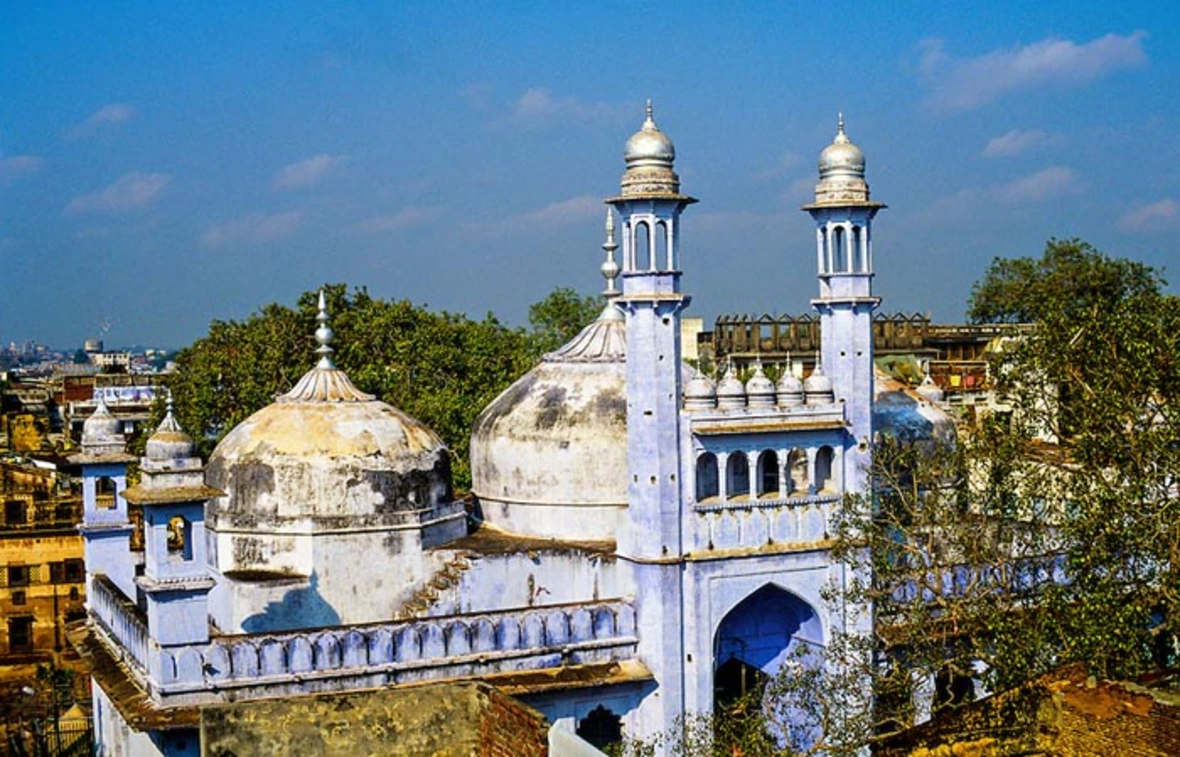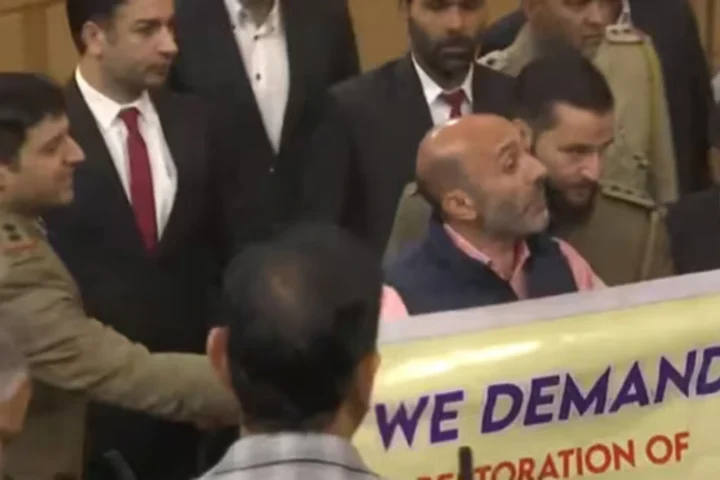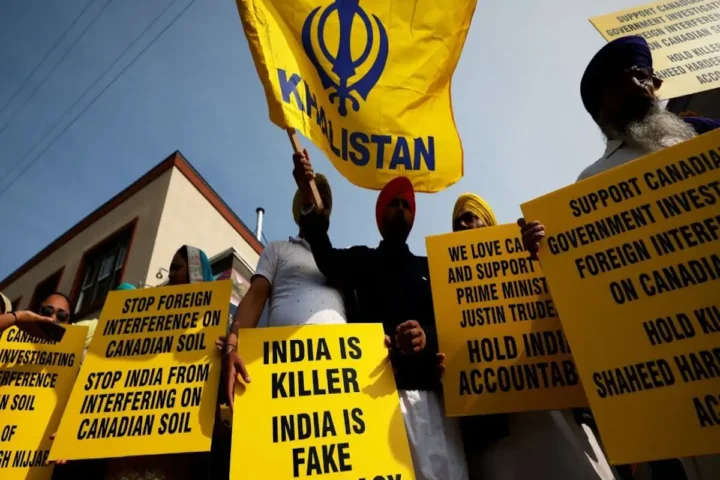The Gyanvapi mosque survey in Varanasi has raised legal questions as the case moves between courts. The central issue revolves around The Places of Worship Act, 1991, and its impact on worship rights within the mosque complex. The case gained attention with a civil suit filed by Hindu women seeking the right to worship Maa Shringar Gauri on the outer wall.
Legal Orders Add Complexity to Gyanvapi Mosque Case
Varanasi District Court: On July 21, ordered a “scientific investigation/ survey/ excavation” by ASI to determine if the mosque was built over a pre-existing Hindu temple.
Allahabad High Court: On May 16, 2023, ordered a “scientific survey” with carbon dating of a “Shivling” discovered earlier, adding complexity to the case.
The Issue of The Places of Worship Act, 1991
The central legal question is whether The Places of Worship Act, 1991, bars litigants on the Hindu side from seeking their right to worship within the mosque complex. Section 4 of the Act states that the religious character of a place of worship existing on August 15, 1947, shall continue to be the same as it existed on that day.
Muslim Side’s Argument
The Muslim side argues that allowing the present suit would alter the character of the mosque, which has existed for more than 600 years, and is protected by the Act.
Hindu Side’s Contention
The Hindu petitioners argue that prayers were offered inside the mosque complex to Hindu deities until 1993, and since then, prayers have been allowed on a designated day annually. They believe the Places of Worship Act does not bar their civil suit.
At least two petitions challenging The Places of Worship Act are pending before the Supreme Court, claiming it bars judicial review and violates the right to religion of Hindus, Jains, Buddhists, and Sikhs.
Conclusion
The Gyanvapi mosque case continues to unfold, with legal questions surrounding The Places of Worship Act at its core. The survey results and court decisions will play a crucial role in shaping the future of this historically significant site.







